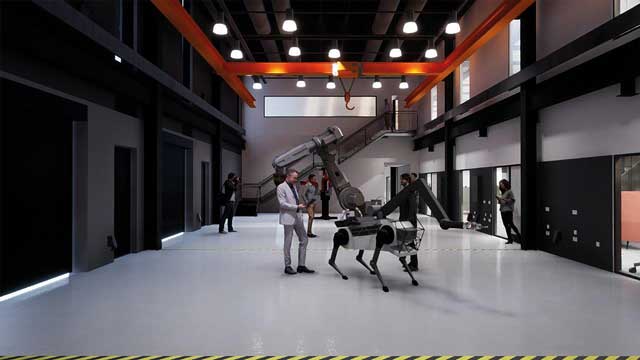
An academic consortium led by Heriot- Watt University has been awarded £3m for research into trust in autonomous and robotic systems.
The consortium, including Imperial College London and the University of Manchester, brings together expertise in robotics, cognitive science and psychology.
The project, led by Professor Helen Hastie from Heriot-Watt University and the Edinburgh Centre of Robotics, will explore solutions to manage trust in autonomous systems, in situations that require interaction with humans. Examples include cobots in the workforce as well as self-driving cars and autonomous wheelchairs. The group’s work aims to make such systems widely used and accepted in a variety of applications.
Autonomous systems that make decisions and perform tasks without human intervention are already used in industry, but their use is mainly limited to controlled settings, such as on automated production lines. The systems struggle when the task becomes more complex or the environment is uncontrolled – for example, when drones are used for offshore windfarm inspection.
Professor Hastie said: “Managing trust between the human and the system is particularly difficult because there can be a lack of mutual understanding of the task and the environment. The new consortium will perform foundational research on how humans, robots and autonomous systems can work together by building a shared reality through human-robot interaction.”
Using an approach grounded in psychology and cognitive science, the researchers hope to make it possible for systems to learn situations where trust is typically lost unnecessarily. The project will explore how to establish, maintain and repair trust.
Prof Hastie said the research would increase the confidence of users of autonomous systems, “allowing them to be adopted in scenarios never before thought possible. This might include jobs that currently endanger humans, such as pandemic-related tasks or those in hazardous environments.”
The project is part of the UKRI Trustworthy Autonomous Systems (TAS) programme, funded through the UKRI Strategic Priorities Fund via the EPSRC. The central aim of the TAS programme is to ensure that the autonomous systems are “socially beneficial”.

